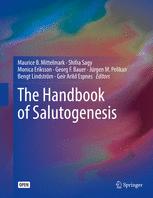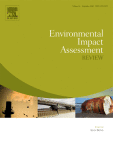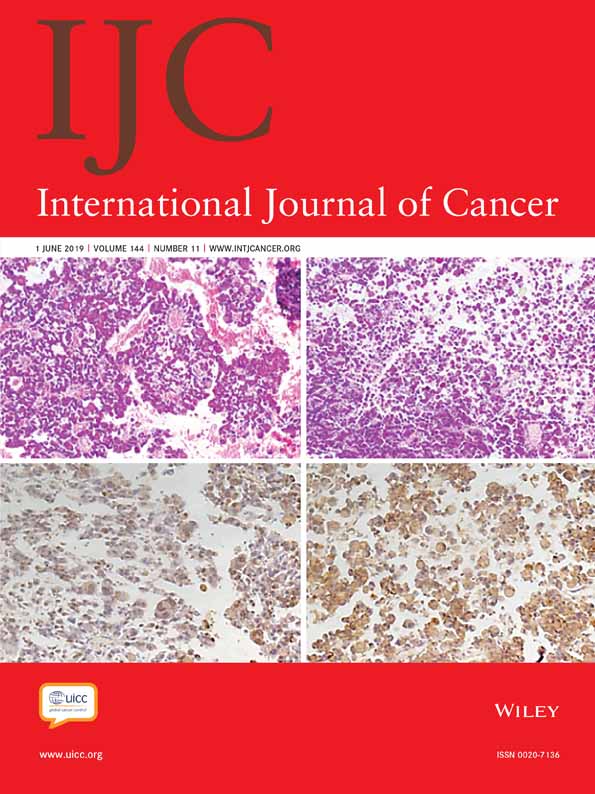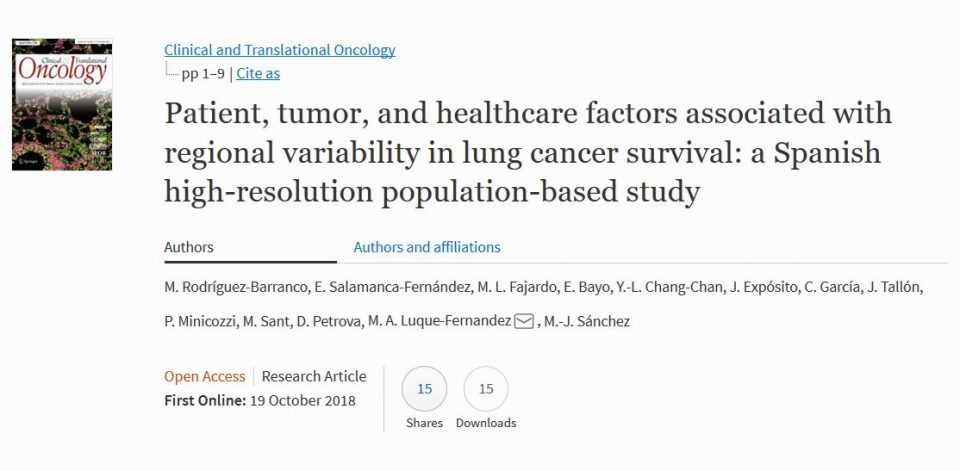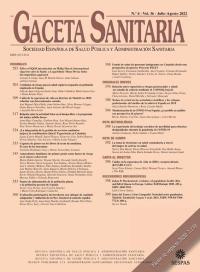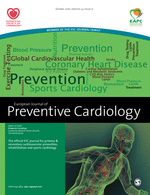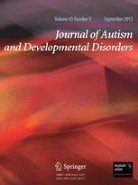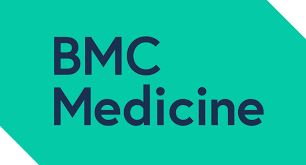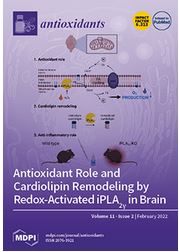Perspectives on Salutogenesis of Scholars Writing in Spanish
In the last few years, the influence of salutogenesis has been growing, both in the area of research and in the public health and health promotion strategies and policies, in Spain and in Latin America. The scientific literature on salutogenesis that has been published in Spanish since 2000 is reviewed, out of which 58 scientific…



